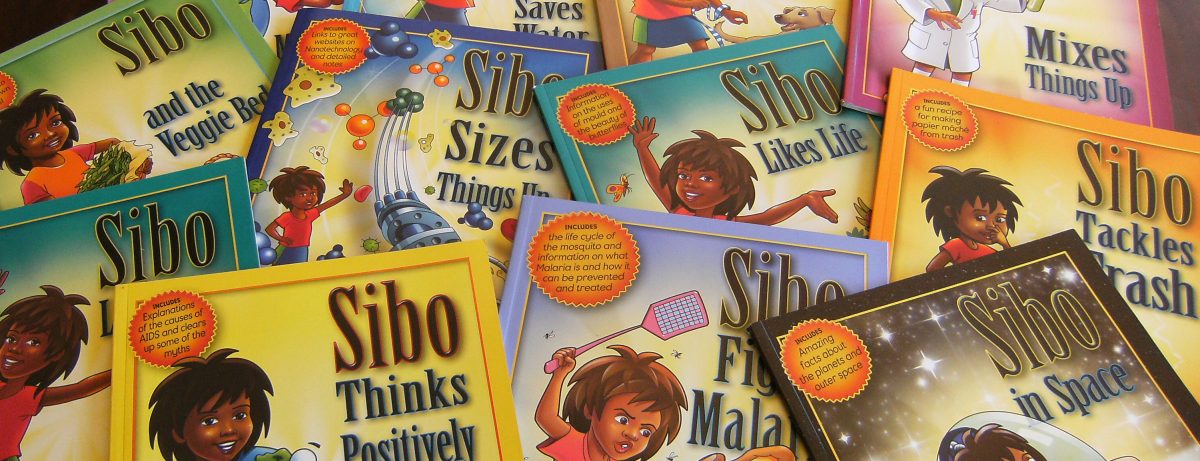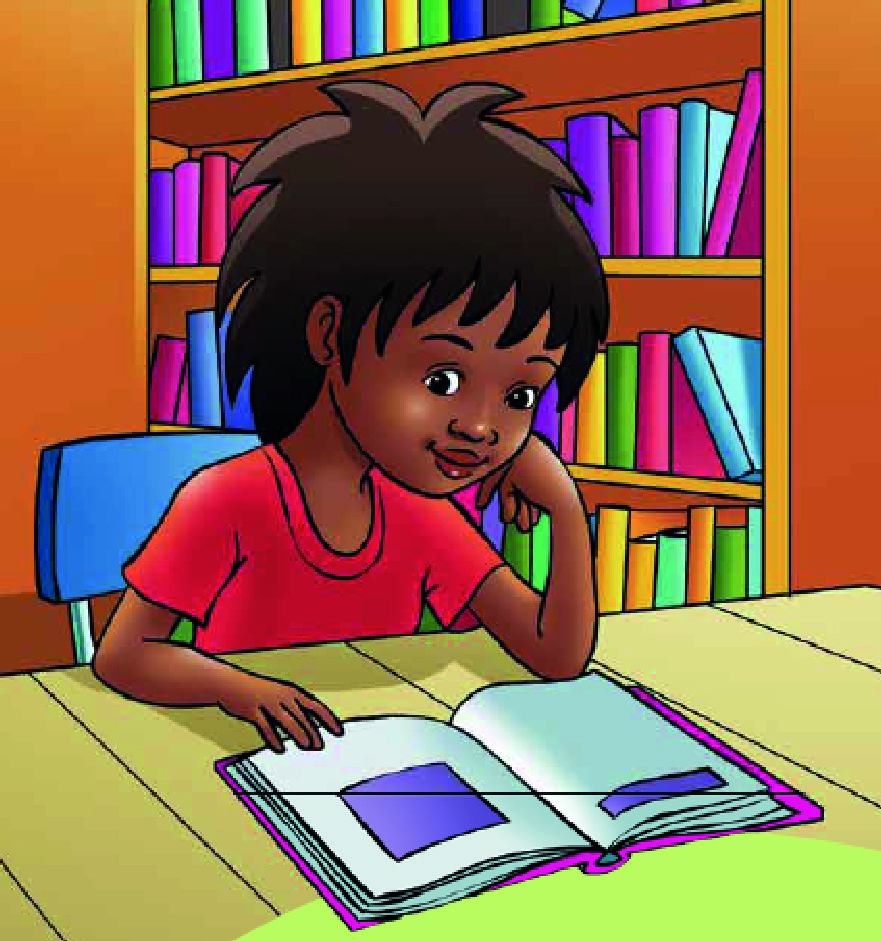25th April is World Malaria Day

You might know that Malaria is a complex parasitic disease that is confined mostly to tropical areas and is transmitted by mosquitoes of the genus Anopheles. There are an estimated 250 million clinical cases of malaria worldwide, causing nearly a million deaths yearly, mostly of children under 5 years of age and generally in sub-Saharan Africa. Malaria-endemic countries are faced with the high cost of prevention and treatment of the disease.
To reduce reliance on potentially harmful compounds currently used for malaria vector control, support is needed for integrated and multi-partnered strategies of vector control and for the continued development of new technologies and strategies as sustainable alternative methods.

Sibo teamed up with the University of Pretoria Centre for Sustainable Malaria Control and the National Department of Health. A story, in our usual Sibo style (wacky rhyme), was written with the objective of trying to help change life-style as far as dealing with mozzies is concerned.

This book not only explains what the symptoms are but also where to go for treatment and how to avoid getting malaria in the first place. Students from the University of Pretoria are planning to use the book as part of their projects to see whether it does make any impact or not. By empowering children (and potentially their parents too) through education on how to avoid the hazards of malaria, it is hoped that lifestyle-altering patterns will emerge which could help to lessen the burden of malaria in malaria-endemic areas and potentially assist in the fight towards the elimination of the disease.

This project is being rolled out in the Vhembe district, Limpopo Province. Certain schools have been selected and permission to work within these schools was obtained from the Department of Education and also from the local Chief and the headmen of the villages where the selected schools are situated.
Sibo Fights Malaria, published by Lets Look Publishers, is the 12th title in the Sibo Series.
This title in the Sibo Series was launched at the University of Pretoria on the 24th April 2014 – the day before World Malaria Day.
Join our Facebook event and read Sibo Fights Malaria free on 25th April.
















